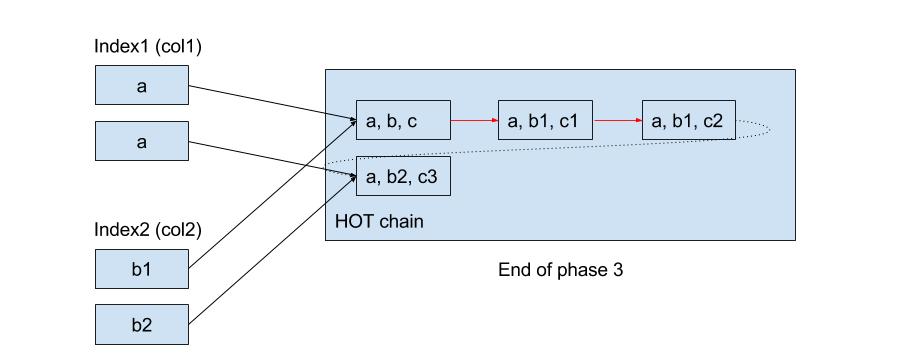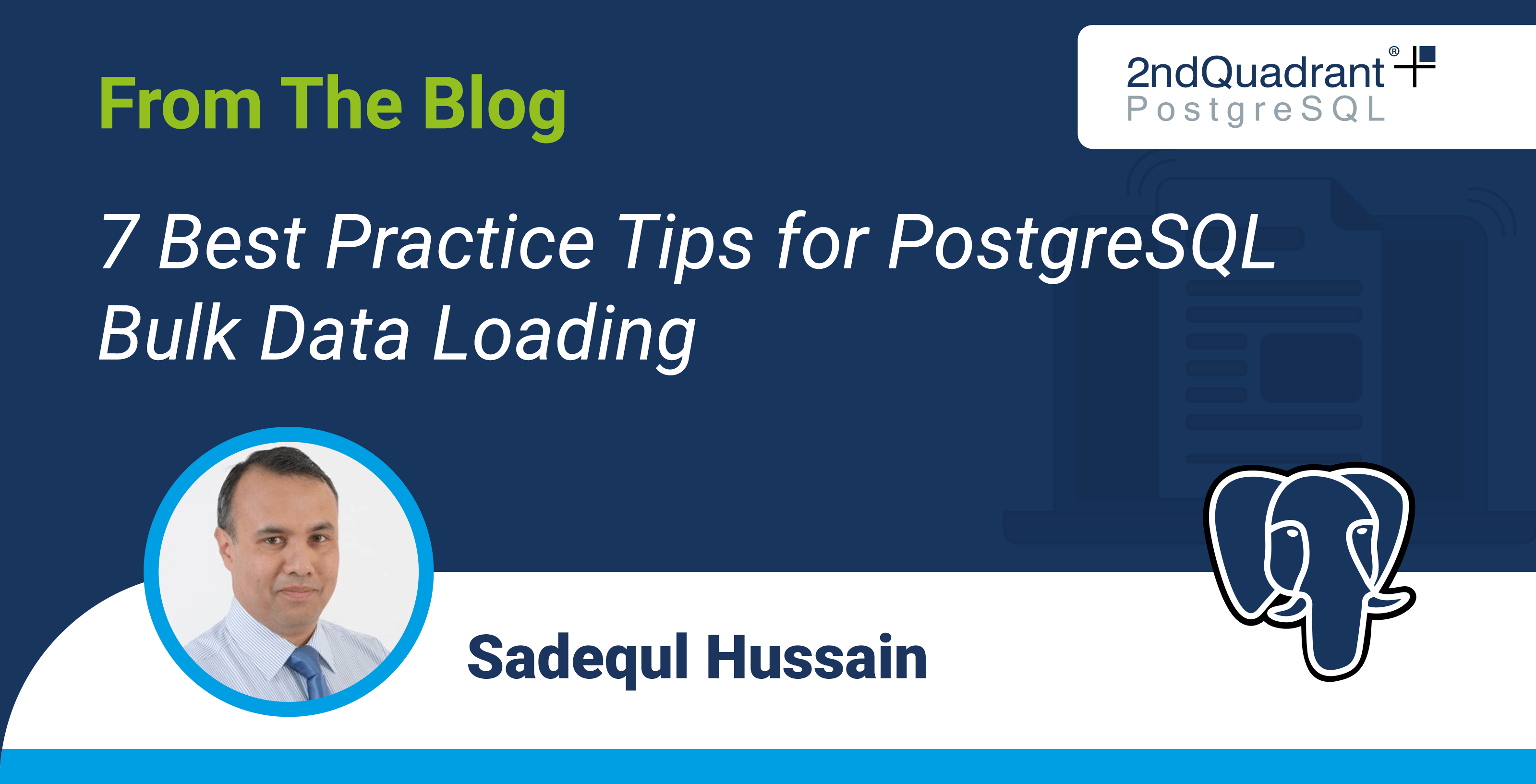
We've started work on CREATE EXTENSIONS and have it functional which you can see shown in the pgAdmin snapshots in the slides and the pictures below. You can check out our slides here PostGIS 2.0 the new stuff. WARNING: The following slides feature SQL doing unconventional things suitable only for mature audiences. Admittedly I'm all for the after conference experience which is much longer than the conference which is why I tend to make slides that are very dense. We really weren't expecting such a large crowd. Leo complained and vowed to do a better job next time. We admit to overstuffing our slides with SQL and ran short on time at the end. A more comprehensiveĭetail of the events is described on OpenGeo FOSS4G Day #5 All the PostGIS talks as I recall were so packed that there were not enough seats to accommodate everyone. Friday was a PostGIS bonanza with 5 PostGIS talks back to back including ours. We attended FOSS4G this year in Denver, Colorado. > indexes get vastly faster, consider funding this project. > The upshot is, this new approach is as much as 6-times faster than the > proposing a new framework to allow quad-tree and kd-tree > maintainers of the GiST framework we use for our r-tree, and are > from Oleg Bartunov and Teodor Sigaev on their work on spatial > One of the eye-opening talks of PgCon last week was the presentation

You a prospectus you can take to your manager. If you think there's a possibility, please contact me and I will send Another example, you can use a suffix tree to very efficiently (ForĮxample, the suffix-tree, which can search through URLs incrediblyįast. We're talking about faster geospatial indexes here, but thisįacility will also radically speed any partitioned space. If you use PostgreSQL in your business, this is a chance to addĪ basic capability that may help you in all kinds of ways you don'tĮxpect. I am looking for sponsors in the $5K to $10K range to complete this
Postgres 10 pgadmin 4 make rtree index Patch#
You think I am kidding: we had a patch for KNN searching ready for theĩ.0 release, but it wasn't reviewed in time, so we had to wait all the Through more QA/QC, it'll never get into PostgreSQL proper. However, there is a problem: unless the patch is reviewed and goes Which provides quad-tree and kd-tree indexes. Thanks to the sponsorship of Michigan Technological University, we now Paul's PostGIS newsgroup note about seeking funding for faster GIST indexes, work done so far on SP-GIST and call for further action is rebroadcast in it's entirety here. I think one of PostgreSQL's greatest strength is its extensible index API. These spring to life in PostgreSQL 9.2 and think it will help to further push the envelope of where PostgreSQL can go as a defacto platformįor cutting-edge technology and scientific research. ,ltree, tsearch, and hstore, I'm pretty excited about these patches and other GIST and general index enhancements and there potential use in GIST dependent extensions. What it provides specifically for PostGIS is summarized in Paul's call for action noted below. PGCon 2011: SP-GiST - a new indexing infrastructure for PostgreSQL

What the SP-GIST patch will provide in terms of performance and speed was outlined in It's one of those short-comings among the trillion others I have that I have learned to accept will probably never change. I have to admit to being very clueless when it comes to the innards of index implementations so don't ask me any technical details. PostGIS, trigrams, ltree, pgsphere, hstore, full-text search to name a few.Īnother is a recent one just committed by Alexander Korotkov which I just recently found out about on New node splitting algorithm for GIST and admit I don't know enough about to judge.

For those who don't know Teodor and Oleg, they are the great fellows that brought us many other GiST and GIN goodnesses that many specialty PostgreSQLĮxtensions enjoy - e.g. Teodor Sigaev and Oleg Bartunov whose basic technique is described in SP-GiST: An Extensible Database Index for Supporting Space Partitioning Trees. One is a patch for possible inclusion in PostgreSQL 9.2 called SP-GiST, Space-Partitioned GiST created by

This is about improvements to GIST indexes that I hope to see in PostgreSQL 9.2.


 0 kommentar(er)
0 kommentar(er)
